
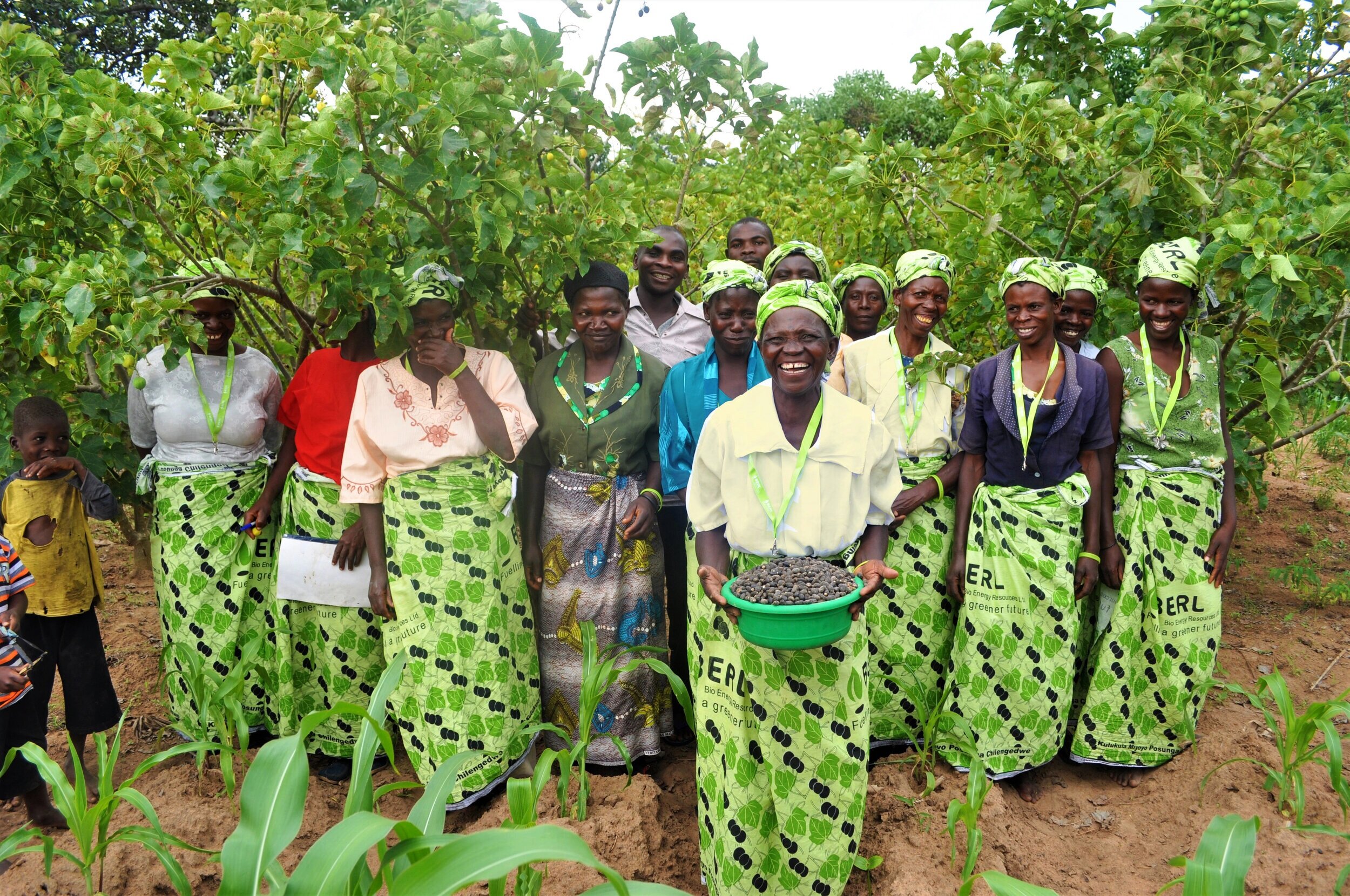
Impact
BERL’s model and products have a number of benefits, both for smallholder farmers in Malawi, and for the environment.
Malawi Agriculture
An Additional income for 75,000+ Smallholder Farmers
Malawi’s GDP per capita was $411 USD in 2019, and smallholder farmers’ income is even lower. 38% of the Malawian population live below the poverty line and smallholder farming accounts for 80% of employment.
Under our scale up plan with higher yield trees, our farmer partners stand to gain an additional income which in most cases will be multiple current earnings, once the trees are fully mature.
Our plans will target up to 77,000 farmers, each growing 400-600 trees as a boundary to their crops.
Fertiliser and Food security
In Malawi 61% of land (excluding the lake) is farmed and 28.6% of GDP is from agriculture. However, agricultural production is low and Malawi experiences high food insecurity and poor nutrition. A study found 47% of children to be stunted.
Reasons for the low agricultural output include climate and irrigation, as well as access to affordable fertiliser. Fertiliser is imported, inorganic and expensive, and most smallholders are reliant on Government of Malawi fertiliser subsidies for support.
BERL’s seed-cake fertiliser is an effective, organic fertiliser which also has nematicidal properties (plant-parasitic nematode repellent and suppressant). Our seed-cake is more affordable than imported alternatives, and thereby we hope to contribute to the Malawian agriculture sector and food security.
Perfect Timing
An important factor in our model is timing. Jatropha cultivation and harvest falls at a different time of year from that of maize and food crops, so, importantly, BERL doesn’t compete with other income or household food sources. Further, the nut harvest between Feb – May provides farmers and their families with an income at a time of year different from other crop harvesting, allowing payments of school fees and food during typically the leanest period of the year for farmers.
BERL contributes to 8 of the 17 Sustainable Development Goals
There is no Planet B
carbon dioxide must peak by 2020 to keep the planet below 1.5C rise | IPCC

Climate Action
CO2 Sequestration
We’re in a climate crisis. The Intergovernmental Panel on Climate Change (IPCC) has made it clear that in order to prevent severe and irreversible damage to the world we must prevent the world’s temperature rising a further 1.5C. However, CO2 and other greenhouse gases are at their highest levels in 80,000 years. We need CO2 to peak in 2020 to prevent the temperature exceeding the 1.5C threshold.
BERL’s scale up plan will see us plant over 30 million Jatropha trees in the next 5 years in partnership with smallholder farmers. Our trees will absorb significant volumes of CO2 each year.
Soil improvement
Malawian agriculture is constrained by poor soil quality as a result of years of inorganic fertiliser usage. Trees can improve soil structure by increasing inputs (organic matter, nitrogen fixation, and improved nutrient uptake); reducing losses (organic matter, nutrients) by promoting recycling and checking erosion, improving soil physical properties, including water-holding capacity and can have beneficial effects on soil biological processes.
Lower emission energy
The climate crisis alongside growing global energy demands means cleaner fuels sources are being sought urgently. Sustainable, successful bio-fuel models represent great promise.
Jatropha oil blended with diesel creates a bio-fuel which substantially lowers harmful fuel emissions. Jatropha fuel blends have also been shown to improve engine performance.
Additionally, BERL’s innovative smallholder farmer partnering model for Jatropha Curcas resolves traditional bio-fuel issues of deforestation and competition for food-crop land/labour.


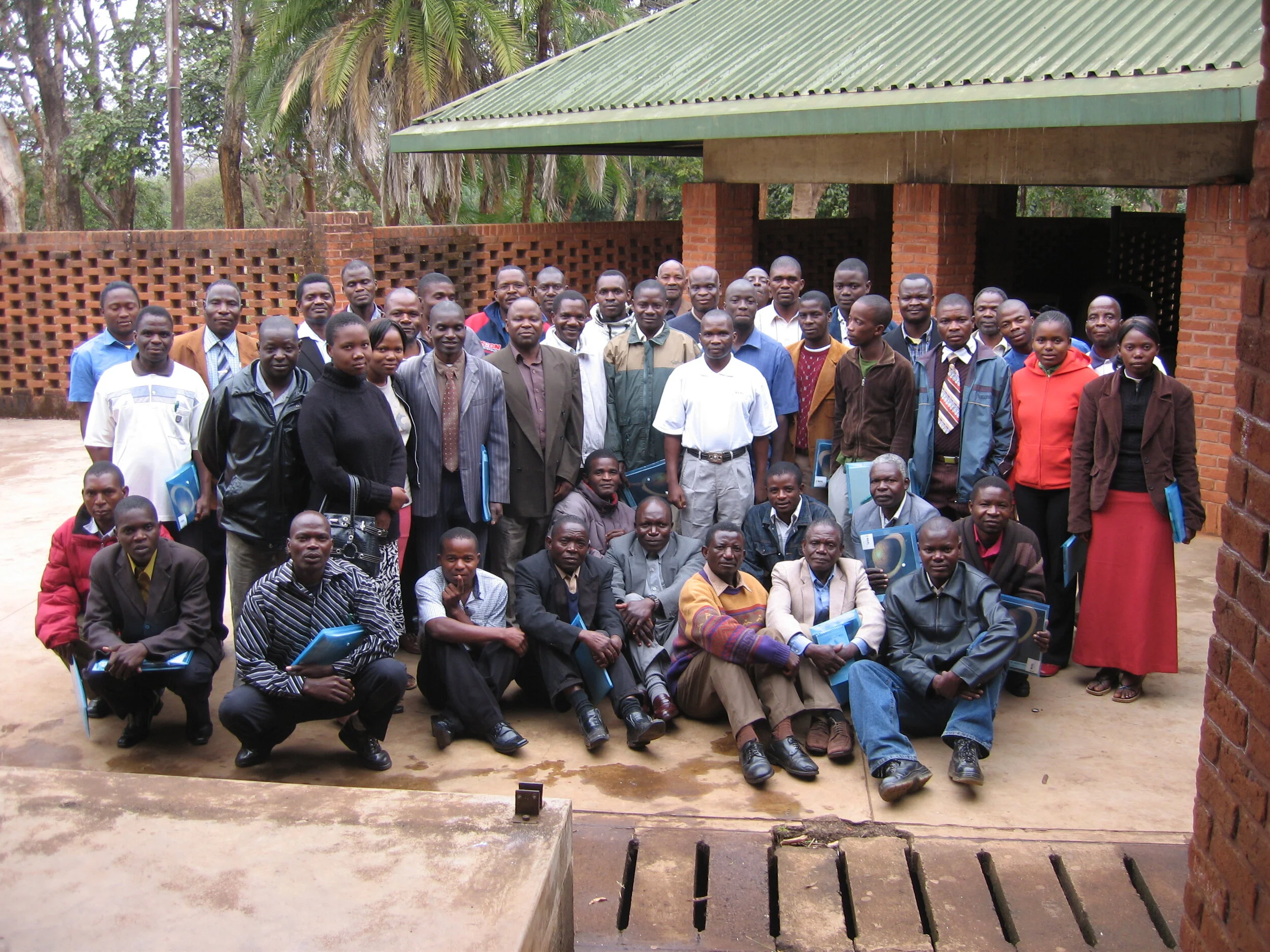

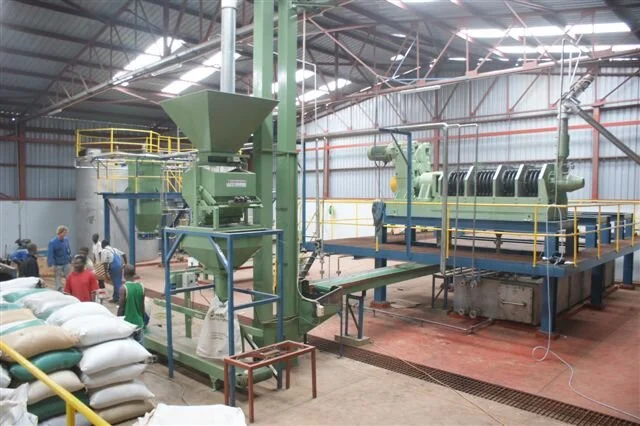
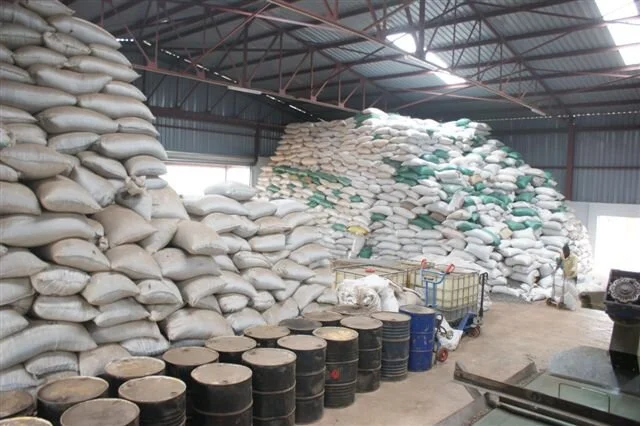



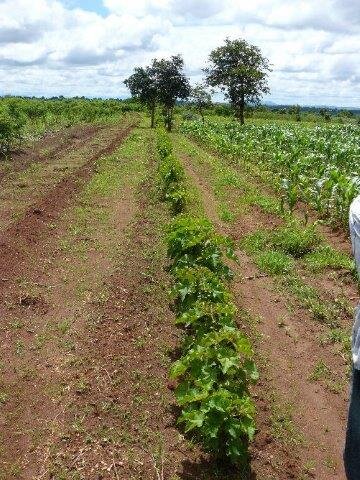
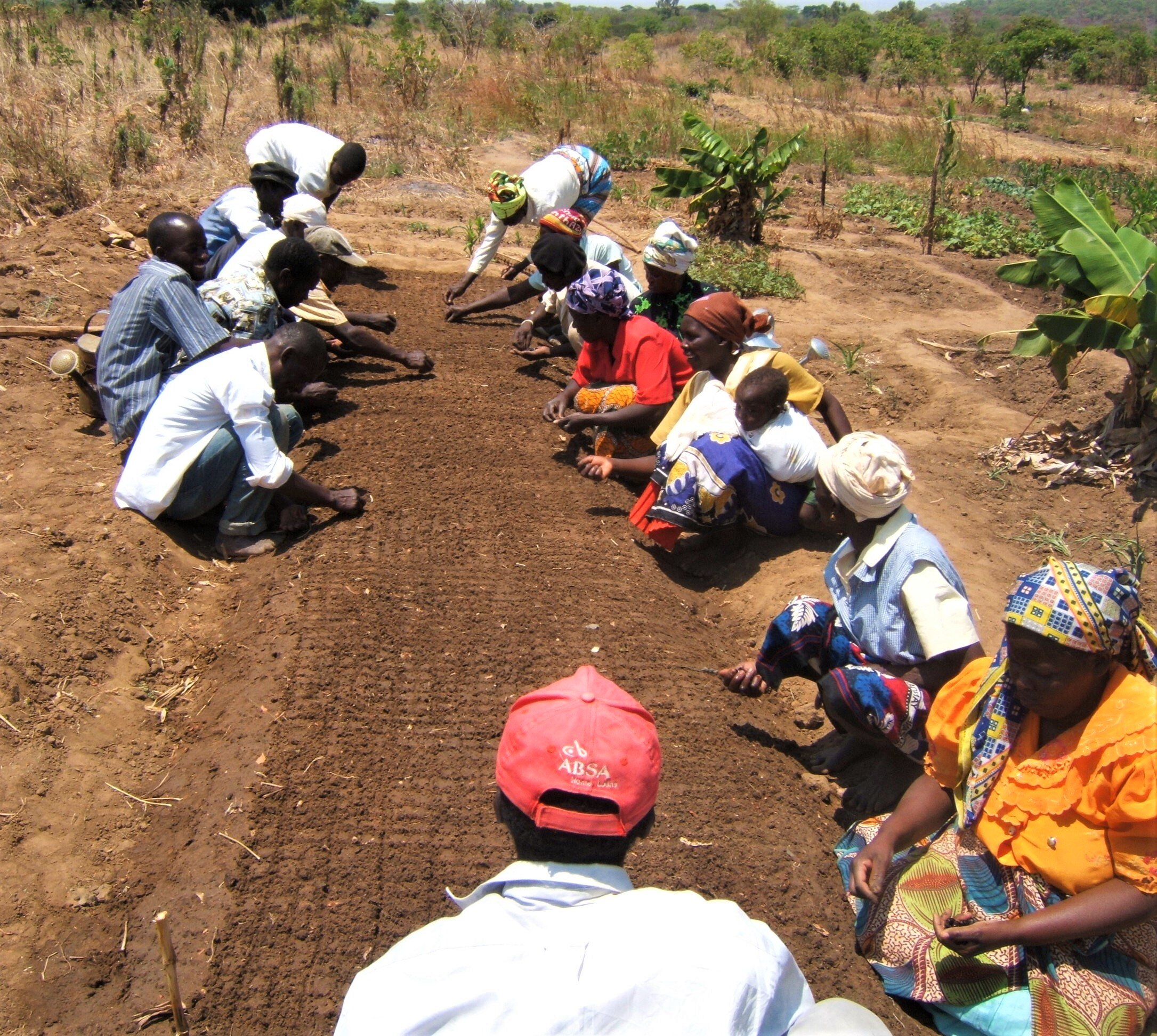
INVestors
Together for Tomorrow









